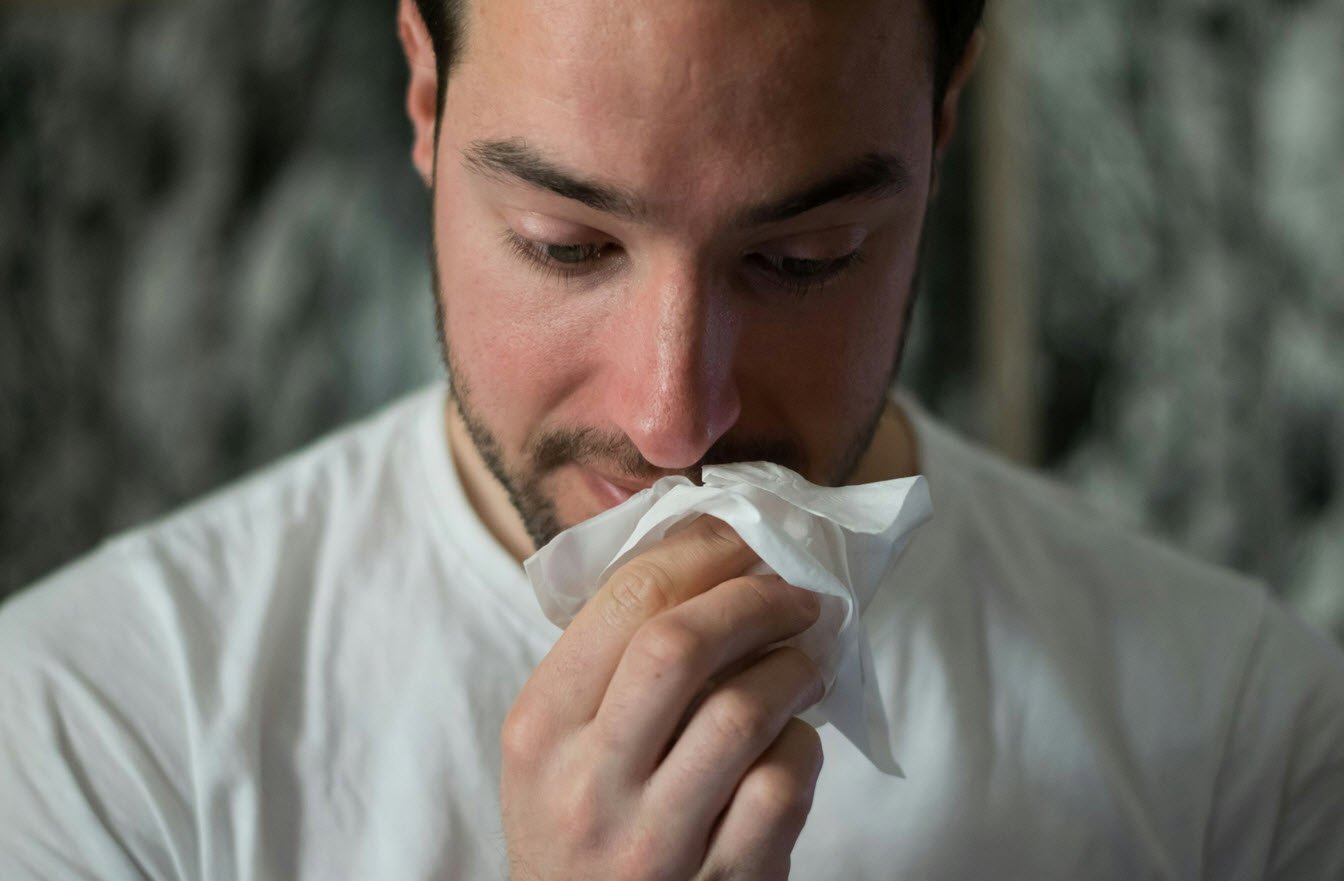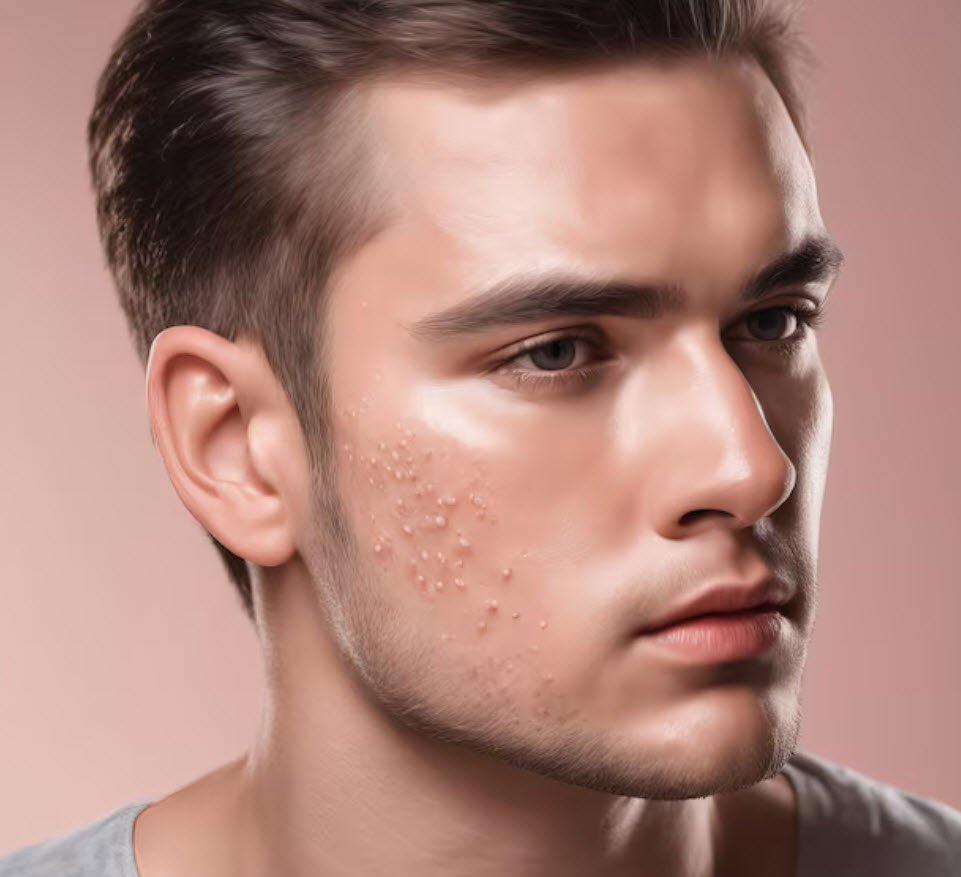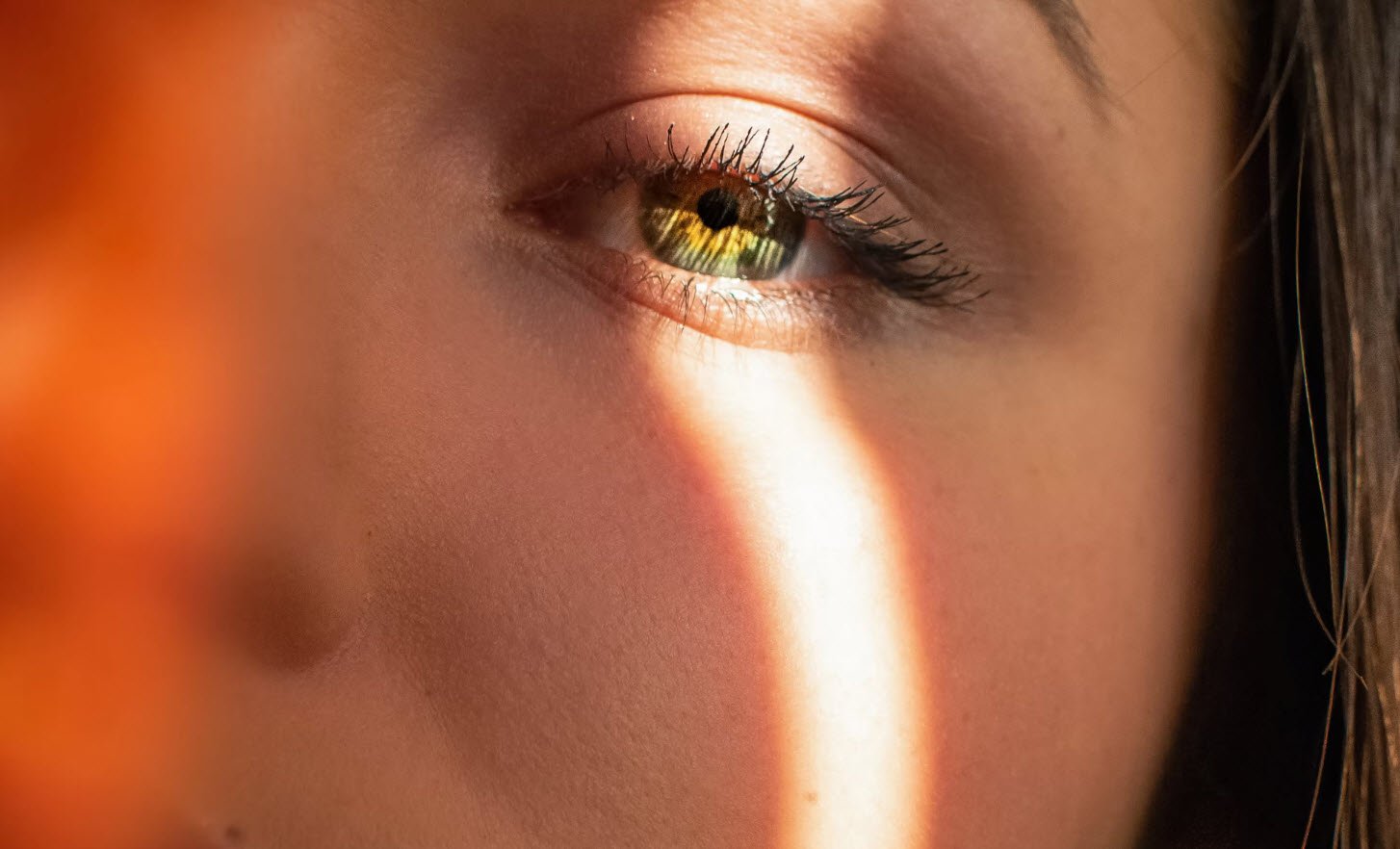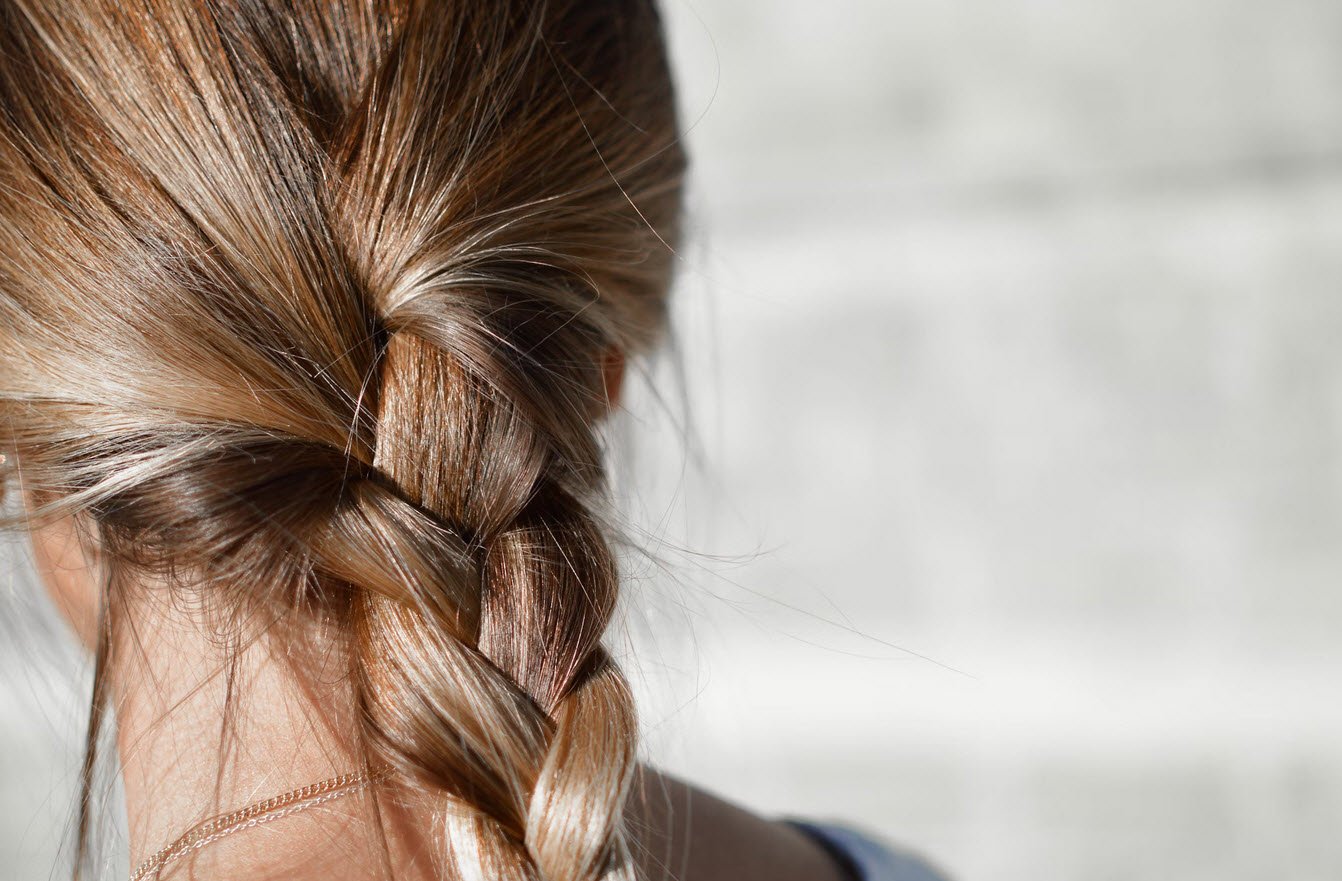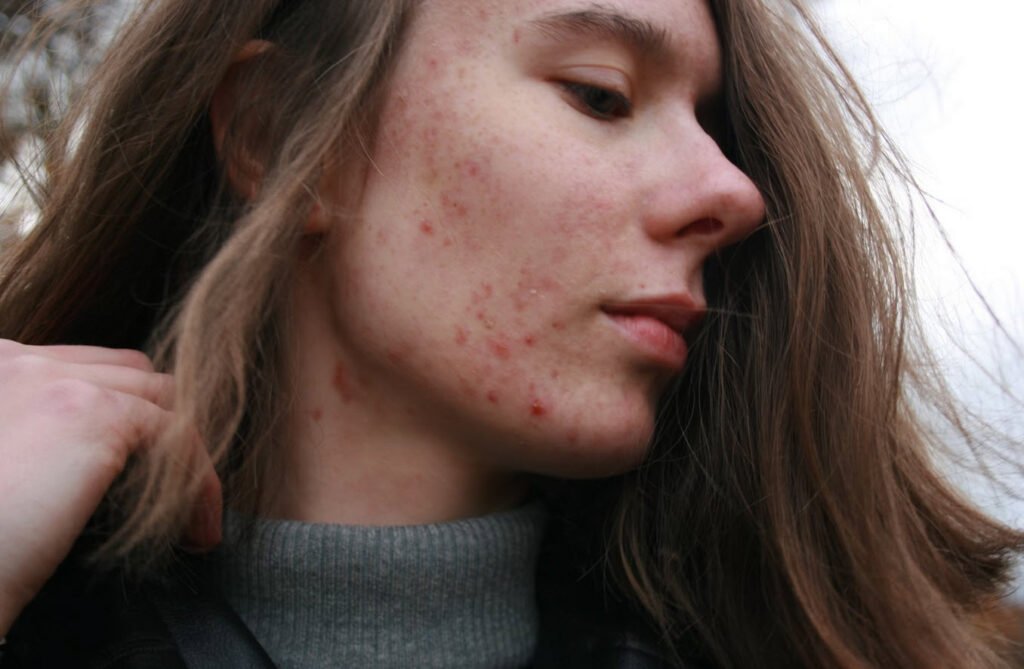
Acne is a common skin condition that affects many people at some point in their lives. While the acne itself can be distressing, the scars it leaves behind can be even more troubling. Acne scars, particularly those on the face, can be unsightly and difficult to cover up. These scars often result from severe acne, such as cystic acne, or when common acne lesions rupture.
Fortunately, there are various treatments available, both professional and home remedies, to help fade these scars and restore your skin’s appearance.
Understanding Acne Scars
Acne scars can be broadly categorized into two types: atrophic scars and hypertrophic scars.
Atrophic scars are the most common and are characterized by depressions or indentations in the skin. These scars occur when the skin loses collagen during the healing process. Hypertrophic scars, on the other hand, are raised above the skin’s surface and result from an overproduction of collagen.
The appearance of acne scars can vary depending on their type, depth, and duration. Fresh scars are often red or purple and may be more visible, while older scars may appear more subdued but still present a cosmetic concern.
Over-the-Counter Treatments
One of the first steps in fading acne scars is to explore over-the-counter treatments. There are several creams and gels available that can help reduce the appearance of scars over time. One popular option is Mederma, a topical gel that is widely recognized for its scar-fading properties.
Mederma contains a proprietary botanical extract that works to soften, smooth, and reduce the visibility of scars. Although it does not claim to completely eliminate scars, many users report noticeable improvement in the appearance of their scars with consistent use. Mederma is somewhat expensive, but a little goes a long way, and if the scar fades, repeated usage may not be necessary.
For indented scars, the shadow cast by the indentation often contributes to its visibility. In such cases, collagen injections can be an effective solution. Collagen injections work by filling in the indented areas, making the skin appear smoother and reducing the visibility of the scars. However, these injections are not permanent and may require repeated treatments to maintain the desired results.
Professional Treatments
For more severe or stubborn acne scars, professional treatments may be necessary. Two common procedures are dermabrasion and laser treatment.
Dermabrasion involves the use of a specialized tool that exfoliates the top layers of skin, promoting the growth of new, smoother skin. While this procedure can be effective, it does require a recovery period, during which the skin may be red and sensitive.
Laser treatment uses concentrated light to target the deeper layers of the skin, stimulating collagen production and promoting skin regeneration. While laser treatment can provide significant results, there is some controversy surrounding its long-term safety. Moreover, laser treatment can be expensive and may require multiple sessions.
Home Remedies for Fading Acne Scars
For those who prefer a more natural and cost-effective approach, there are several home remedies that can help fade acne scars.
- Daily exfoliation is one of the most effective ways to improve the appearance of scars at home. Exfoliation removes dead skin cells, promotes new cell growth, and can gradually reduce the visibility of scars. Using a gentle exfoliating scrub or an exfoliating serum, such as the Bliss Sleeping Pill Serum, can help lighten dark scars over time. This serum uses amino acids to exfoliate the skin and promote a more even skin tone.
- Vitamin E oil is another popular home remedy for fading scars. Vitamin E is known for its healing properties and ability to nourish the skin. Applying Vitamin E oil directly to the scars can help improve the skin’s texture and reduce the appearance of scars.
- Lemon juice is a natural remedy that many people have found success with. The citric acid in lemon juice acts as a natural exfoliant, helping to remove dead skin cells and promote the growth of new skin. Furthermore, lemon juice can increase skin elasticity and improve overall skin tone. However, lemon juice can be irritating to sensitive skin, so it’s important to use it with caution and perform a patch test before applying it to your face.
- Aloe Vera is another natural ingredient known for its healing properties. Aloe Vera can help soothe the skin and promote the healing of scars. When choosing an Aloe Vera product, it’s important to select one with a high concentration of pure Aloe Vera and minimal inactive ingredients, as these can dilute the healing properties of the plant.
Factors Affecting Scar Treatment
It’s important to note that the effectiveness of any scar treatment can be influenced by several factors. The age of the scar is one of the most significant factors—newer scars are generally easier to treat than older ones. The depth and size of the scar also play a role in how quickly it will respond to treatment. Additionally, individual skin type and sensitivity can affect the outcome of scar treatments.
Conclusion
Acne scars, particularly those on the face, can be a source of frustration and self-consciousness. However, there are a variety of treatments available, ranging from over-the-counter creams and professional procedures to natural home remedies.
While no treatment can completely eliminate scars, many options can significantly reduce their visibility, helping you regain confidence in your skin’s appearance. Whether you choose a commercial product like Mederma, a professional treatment like dermabrasion, or a natural remedy like lemon juice, the key is consistency and patience.
With the right approach, you can effectively fade acne scars and achieve smoother, clearer skin.



